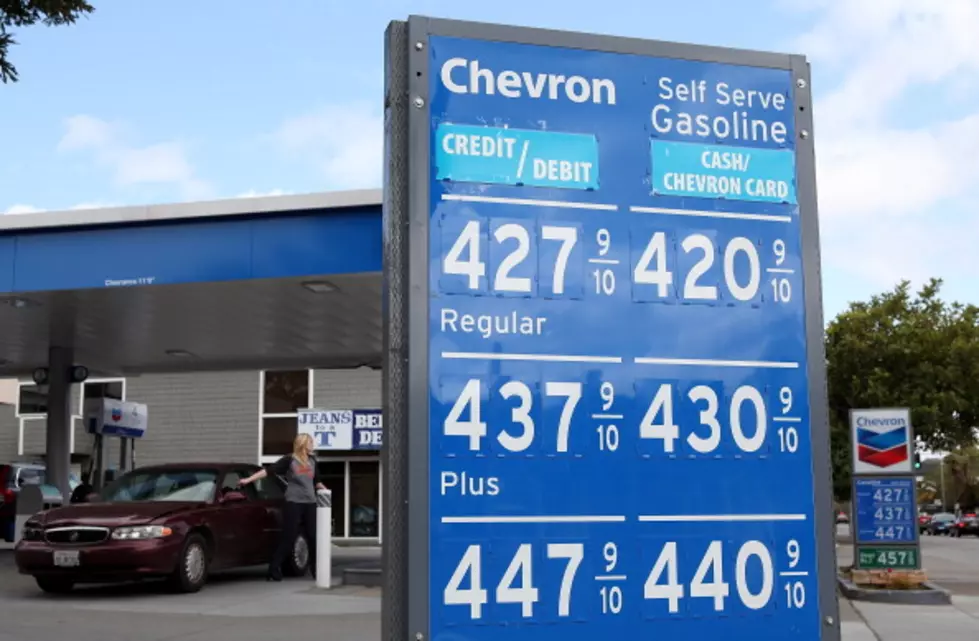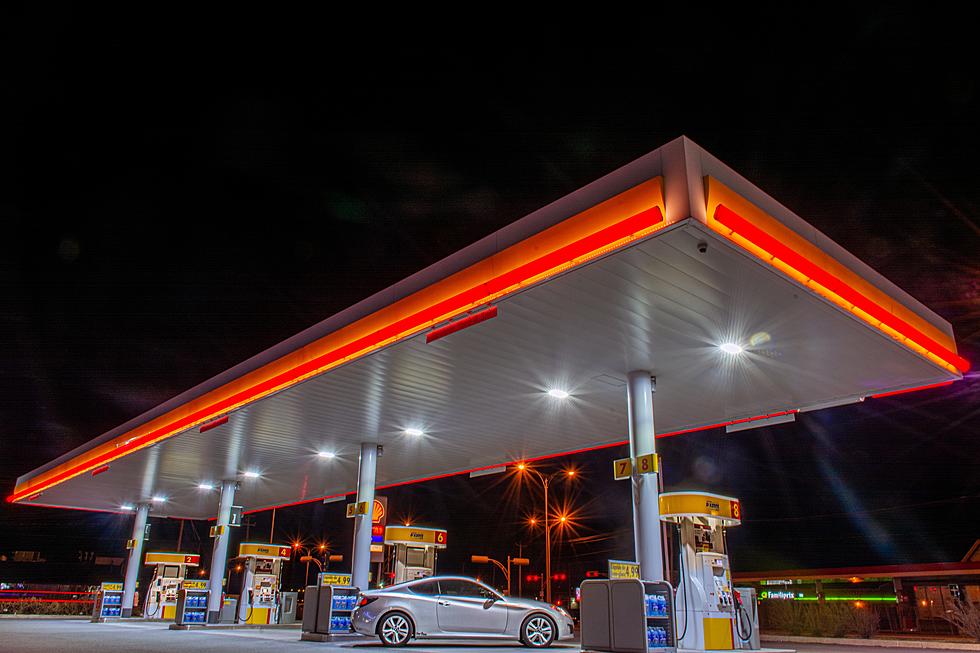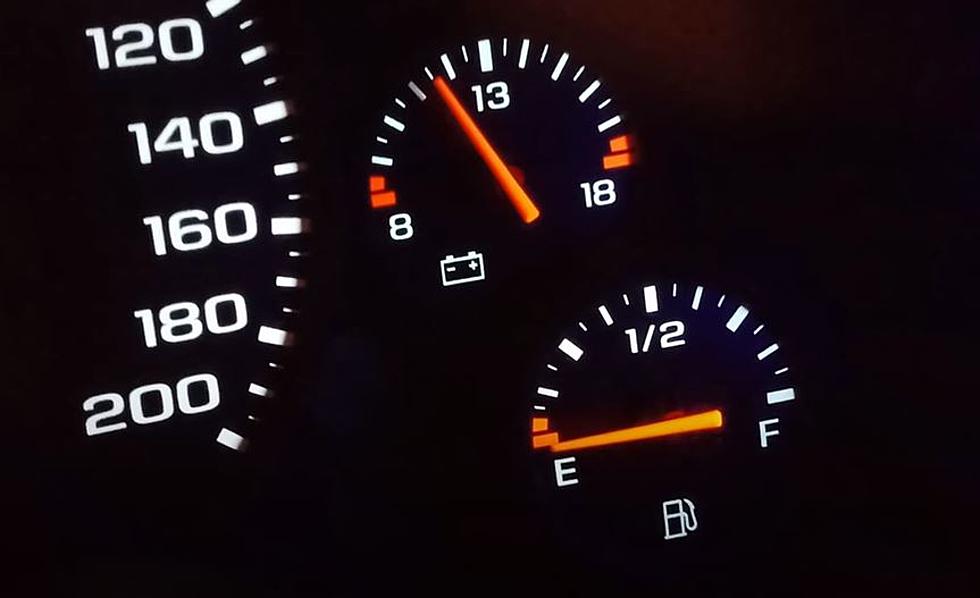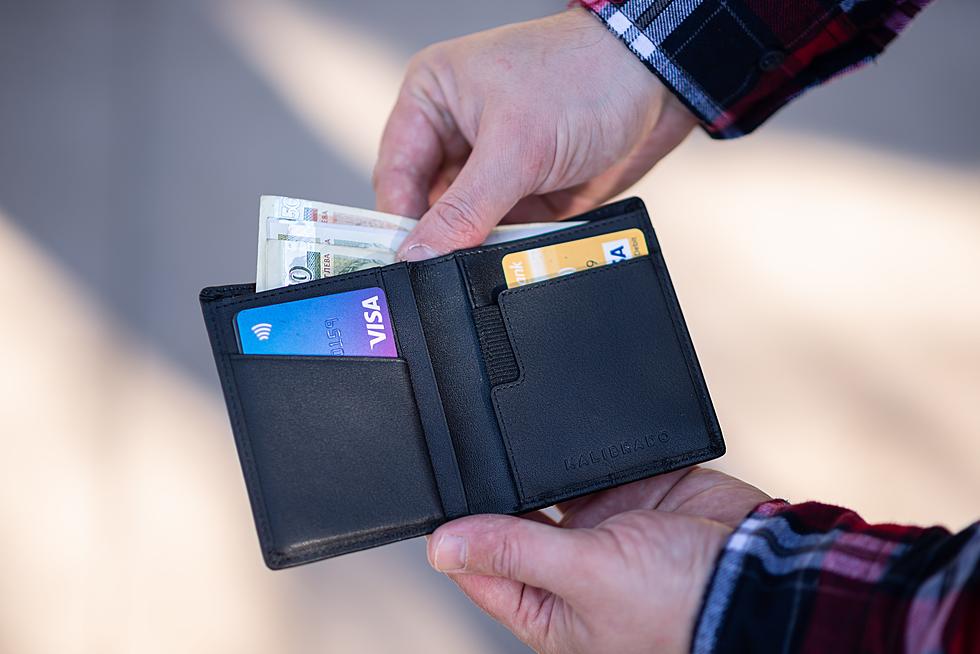
How To Save Money On Gas
You may already know some of these tips; but how about a refresher course to save you money on out-of-control gas prices?
Dial Global informs us that with gas prices are skyrocketing, with an 8% spike in the price of gas in the month of February. And things are expected to get worse during the summer driving season, when gas prices could break their current record. On Wednesday, the price of unleaded gasoline rose for the 22nd day in a row to a nationwide average of $3.73 per gallon, according to AAA. Gas prices are up about 14% so far in 2012. The average price is down 38 cents, or about 9.3%, from the record high of $4.11 reported on July 17, 2008. In places like Alaska, California and Hawaii, the price of gas has surpassed $4 a gallon. With that in mind, here are some tips to help you save on fuel from TrueCar.com:
1. Drive Wisely: According to the EPA, aggressive driving can lower your gas mileage by 33% on the highway and 5% around town. It’s better to accelerate and brake smoothly.
2. Slow Down: Most vehicles get the most amount of fuel efficiency when driving between 45 and 55 mph. The Department of Energy figures that for every five miles you drive going in excess of 60 mph, you could lose somewhere between seven to 23% of fuel efficiency. ccording to AAA, if your average commute includes 20 miles of highway time and you drive at 60 mph instead of 70 mph, you’ll save approximately 1.3 gallons of gas in a five-day work week.
3. Keep Your Tires Inflated: Having the incorrect amount of pressure in your tires causes you to consume more fuel when driving and creates more wear on your tire tread. It’s also important for safety reasons too.
4. Reduce Idling: If you’re at a railroad crossing, at a long traffic light, or even waiting to pick someone up, turn off your engine. Idling wastes more gas than turning off your engine and restarting it.
5. Reduce Weight In Your Vehicle: It’s time to empty out that trunk and keep only the necessary items as weight affects the fuel economy of your vehicle. Every extra 100 pounds in your vehicle reduces your MPG by 2%.
6. Regular Maintenance: Follow your owner’s manual when it comes to regular maintenance. A vehicle that’s had its oil changed (along with a new, clean air filter) and tune-up will burn less fuel.
7. Shop for Gas: Websites like GasBuddy.com and certain GPS devices can help you search for the lowest gas price based on where you live or your current location. Additionally, this can prevent you from burning more fuel while looking for cheaper gas. You can even track how much money you’ve spent on gas, your miles driven, and view your trends at FuelFrog.com.
8. Use Premium Fuel Only When Needed: Often, using regular unleaded fuel won’t hurt your vehicle even if the vehicle requires premium unleaded fuel. Unless your engine starts to knock or ping when using a lower-grade fuel, it is safe to use regular instead of premium.
9. Carpool: If you share a ride with just one person, you’re cutting your fuel bill in half and you’re helping the environment. Use sites like eRideShare and Carpool World to help you find your next rideshare/carpool buddy.
10. Buy a Fuel-Efficient Car: Buying a fuel-efficient car can help ease some of the burden of higher fuel prices. If you’re buying a new car, consider a subcompact or compact car that averages 30 mpg combined or better. Or consider a hybrid or diesel vehicle. Keep in mind that some hybrids, such as the Toyota Prius, have a price premium compared to their gasoline-powered counterpart and might not make financial sense.
More From Gator 99.5









